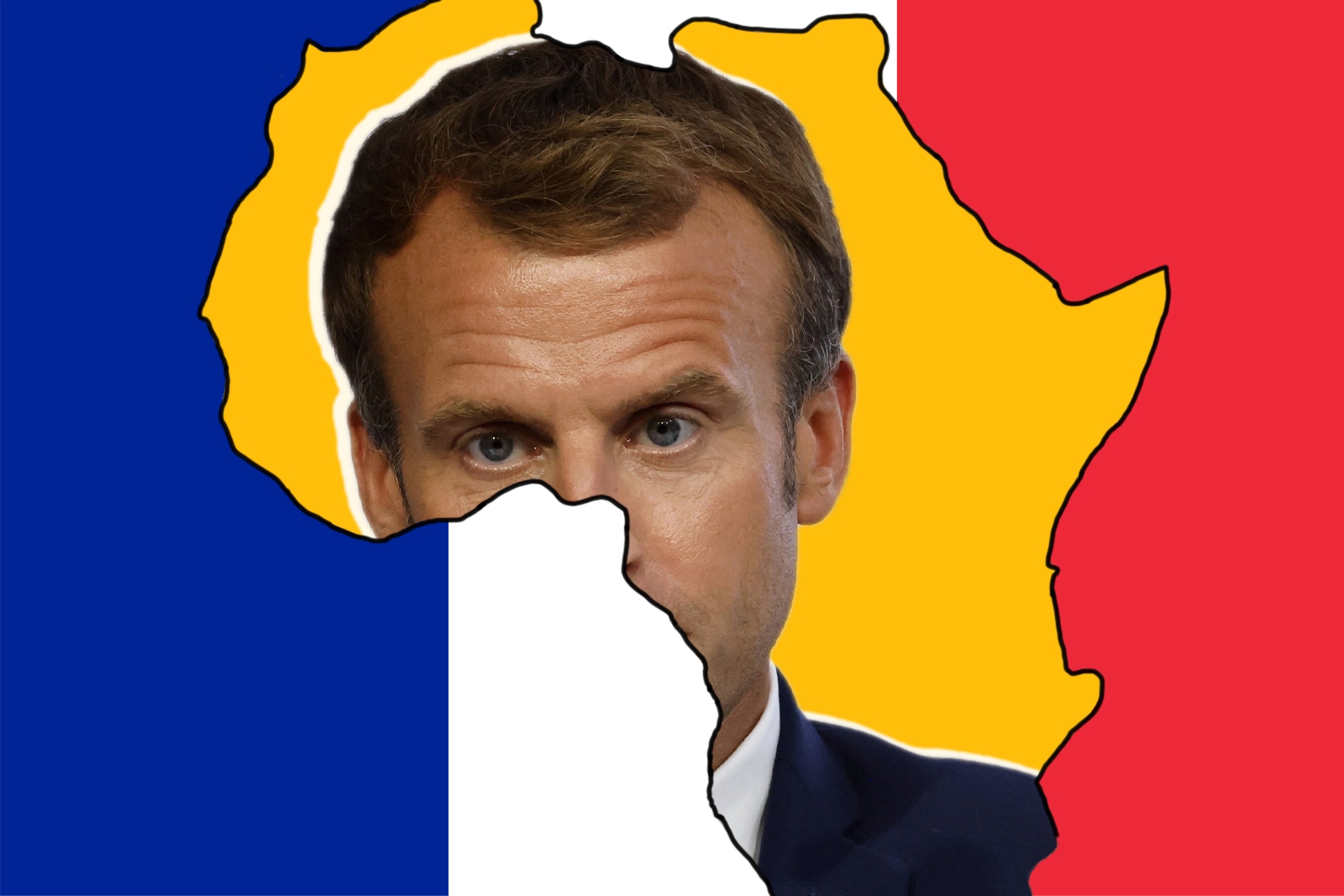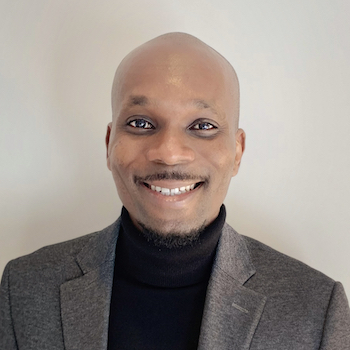
Why France’s Arrogance is Pushing Africa Further Away
France recently hosted the Africa-France Summit on October 8, in Montpellier, in the south of France. The summit was described as “devoted to Africa’s and France’s young people, who are every day building the future of France and Africa’s relationship.” Unlike previous summits that brought together the French president and his African counterparts, this summit chose to invite members of African civil society such as intellectuals, academics, activists, entrepreneurs, bloggers, and artists.
The summit’s goal, which was to lay new foundations in relations between France and the African continent reproduced the same declarations of good intentions and demonstrated France’s inability to truly connect with the next generation of African leaders to build a shared mutually beneficial future.
France continues to play a central role on the continent long after many African countries were able to gain their independence. However, its power and influence is declining sharply due to the increased presence of the United States, China, Russia, and Turkey. The presence of Russia in the Central African Republic, which for decades was a strategic ally of France, is an example among others that France is losing its influence in Africa. Moreover, African elites are savvier, less corrupt, more educated, and are less impressed by France’s declining influence.
Haunted by its colonial past on the continent, France refuses to make a pragmatic analysis of the situation and develop a win-win policy towards the continent. France, through its current president, Emmanuel Macron, continues its hypocritical game, which consists of giving lessons in democracy to the world while openly collaborating with questionable regimes, especially African dictators who silence their people, impoverish their countries, prevent justice, and strangle freedoms like in Congo, Cameroon, and Chad. And France does all of this in the name of economic and strategic interests. Its realpolitik strategy does not care about African people’s fate and their fight for democracy. Nevertheless, the placative words of France no longer blind the African people, and they are not afraid to express their feelings and face the consequences.
During the summit, Macron was unable to respond with sincerity, truth, and frankness to political and economic questions that were being asked. Many of the invitees demonstrated their skepticism about the continent’s relationship with France. One such invitee was Ragnimwendé Eldaa KOAMA from Burkina Faso, who affirmed, “If the relationship between the countries of Africa and France was a pot, know that it is very dirty. Mr. President! I invite you to scour it.” Another invitee, Cheick Fall, an activist from Senegal, called on Macron to stop collaborating with African dictators. Instead of addressing these issues head-on, Macron denied supporting authoritarian regimes and asked the audience to list dictatorial countries in Africa for him. This response did not surprise its African invitees.
Indeed, France’s claim that its aim for this summit was to “build a common good” between itself and the African people; however, that was a solemn fallacy based on this showing. France’s loyalty to its friends on the continent – who also happen to be brutal dictators- is causing increased hatred from young Africans, whether on the continent or in the diaspora. Still, France continues to deny the reality and believes using lies and initiatives such as this new summit will cajole young Africans who, unbeknownst to France, now know they can live without the overbearing nation. The emerging African elite, conscious of their power and tasked with giving the continent a better future, have more options now about whom they want to partner with, and France isn’t at the top of their list.
It is one thing to want to build a genuine partnership with Africa by recognizing one’s wrongdoing and making qualitative efforts to change, but France does not seem willing to take those steps. Achille Mbembé’s report that advocating for a “refoundation” of relations between Africa and France, and recognizing “the African roots of France” can serve as a roadmap to establish a new dynamic between the two parties. However, the unwillingness of France to define a clear direction for alleviating the concerns of young Africans, including France’s present-day collaborations with African dictators, the crimes of France’s colonial past on the continent, French military bases on African soil, and its paternalistic attitude towards Africans shows that the new, more balanced partnership between the two entities is far from being a reality.
If nothing changes, France’s political influence will continue to erode in Africa. If La Françafrique remains, the hostility from young Africans on the continent and in the diaspora towards France will continue to increase. These young Africans are more educated, proud of their roots, and more determined to play their part in the edification of a new Africa where good governance, solid democratic institutions, respect of human rights, and freedom of expression are not a slogan but a reality. In a globalized world where challenges like climate change, terrorism, refugees’ crisis, and global health issues are common, it remains vital that Africa and France join hands and move in the same direction with a true alliance that must be transparent, equitable, and respectful of cultural differences.
